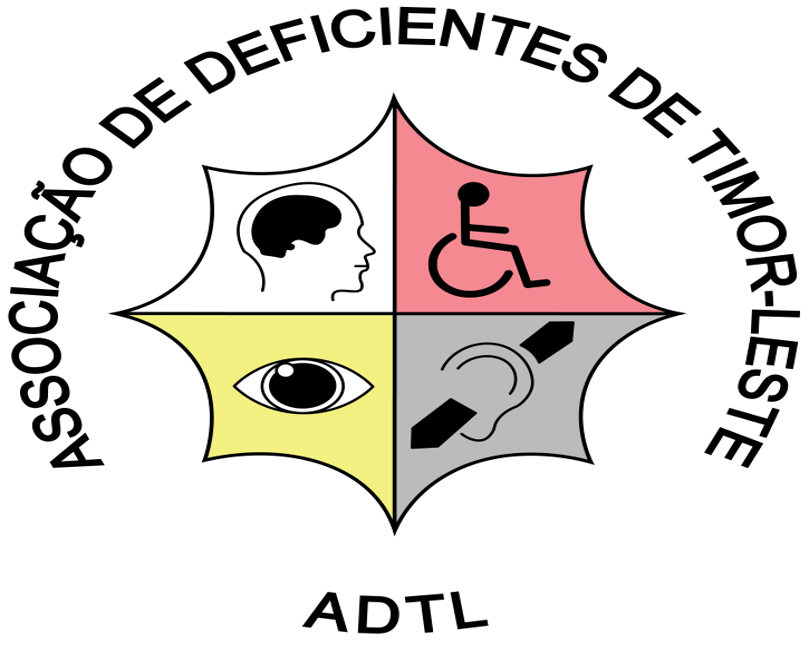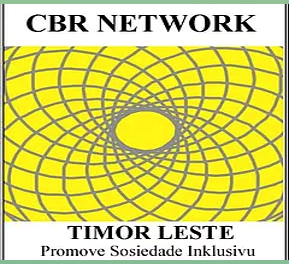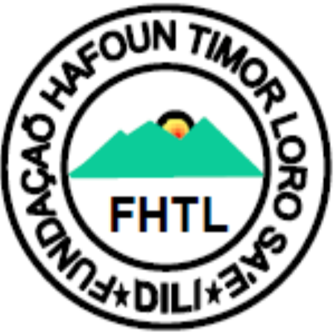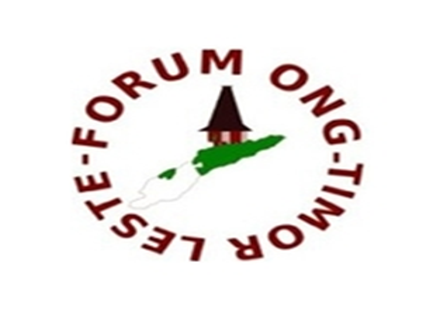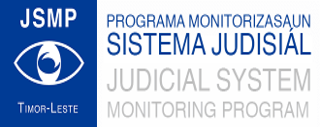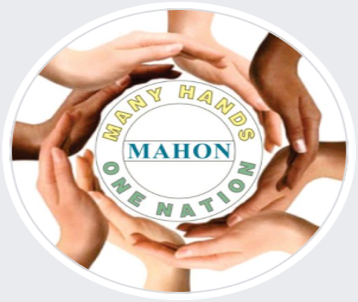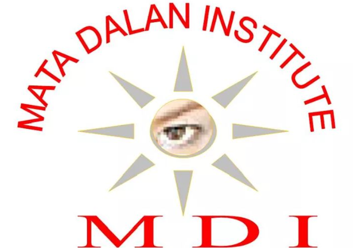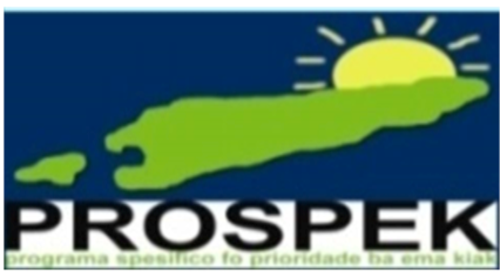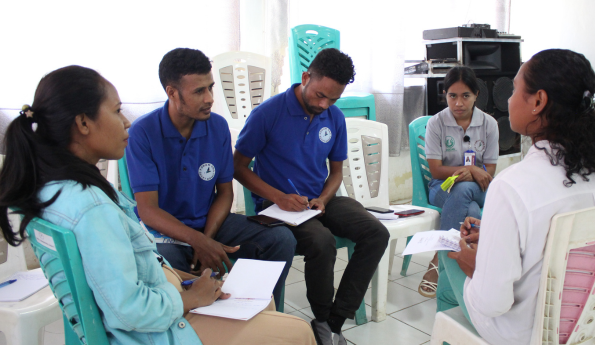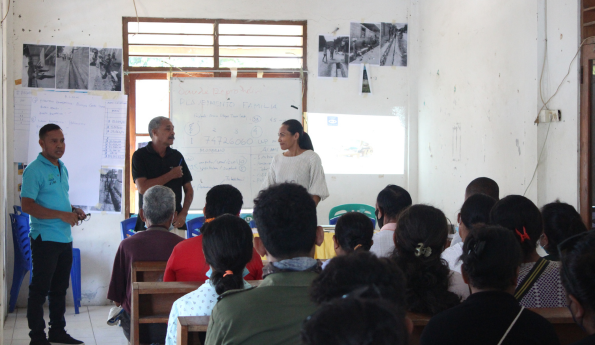NGO Advocacy for Good Governance Activity
Timor-Leste lacks a robust NGO sector
Since achieving independence in 2002, Timor-Leste has made great strides toward consolidating its democracy but continues to face challenges to deepen democratic governance and institutions. A robust NGO sector is foundational to a democratically governed, rules-based state. Effective NGOs help hold the government accountable and encourage transparency and responsiveness to the public interest. However, while Timor-Leste has a robust NGO community, many of the nascent organizations find their advocacy skills hindered by limited administrative capacity and financial support.
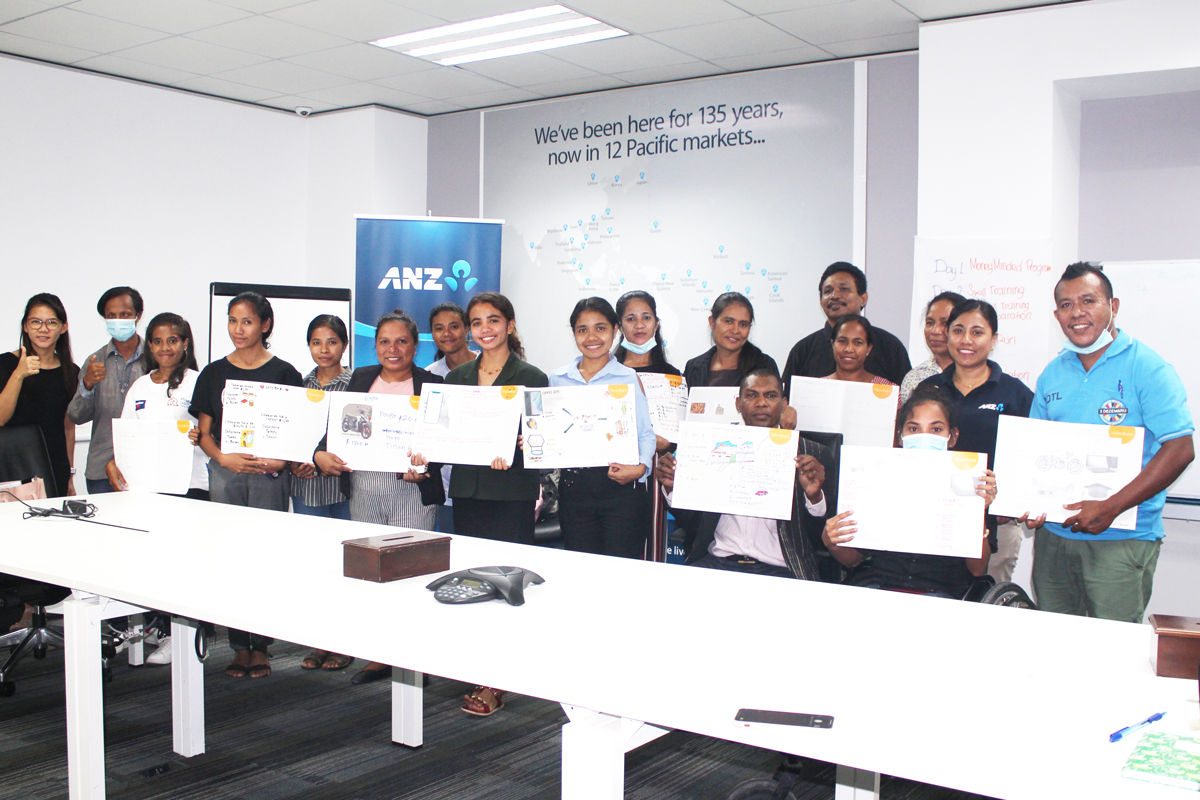
NGO partners certified as MoneyMinded trainers through ANZ Bank.
Strengthening capacity to expand the NGO enabling environment
The USAID/Timor-Leste NGO Advocacy for Good Governance activity expands the country’s NGO enabling environment and works to strengthen the organizational, research, networking, and financial capacity of nine Timorese NGOs to provide increased evidence-based, responsive, and sustainable advocacy services on behalf of citizens.
The activity focuses on four objectives:
- Strengthening NGO organizational capacity
- Improving advocacy, research, analysis, and networking capacities for better response to constituents
- Fostering more diverse and regular revenue streams
- Promoting an enabling environment that fosters independent NGOs.
Timorese NGOs gain visibility, access to opportunities
Recent impact:
- NGOs designed, executed, and presented their original primary research products to key policymakers and stakeholders, creating access to key decision-makers and new opportunities for advocacy for the NGOs. The capacity of nine local NGO partners become more effective advocates for their constituents using evidence-based policy recommendations
- Successful fundraising to diversify their funding sources to foster more diverse and regular revenue stream
- Created access to private sector corporate and social responsibilities
- Issued supportive grants to enable NGOs to engage in capacity-building and advocacy events
- Increased the visibility of the local NGOs
- Increased in NGO confidence
- Continued knowledge transfer/NGOs demonstrate applied skills through sharing knowledge with other NGOs and constituents
- Supported the partner NGOs with institutional strengthening through gender equity and social inclusion trainings, revised HR policies, fellowship programs, and networking opportunities with a range of potential funders
- Established three advocacy coalitions that created joint policy action agendas on issues to improve the enabling environment for NGOs. The local NGOs have learned that effective democracy requires an evidence-based position and shared by a wide range of advocacy speaking with a common purpose to influence policymakers for a positive change
- Developed and established an inclusive fellowship program with five partner NGOs, which help to provide on-the-job training opportunities to women, youth, people with disabilities, members of the LGBTQI+ community, and provided additional support to the organizations




